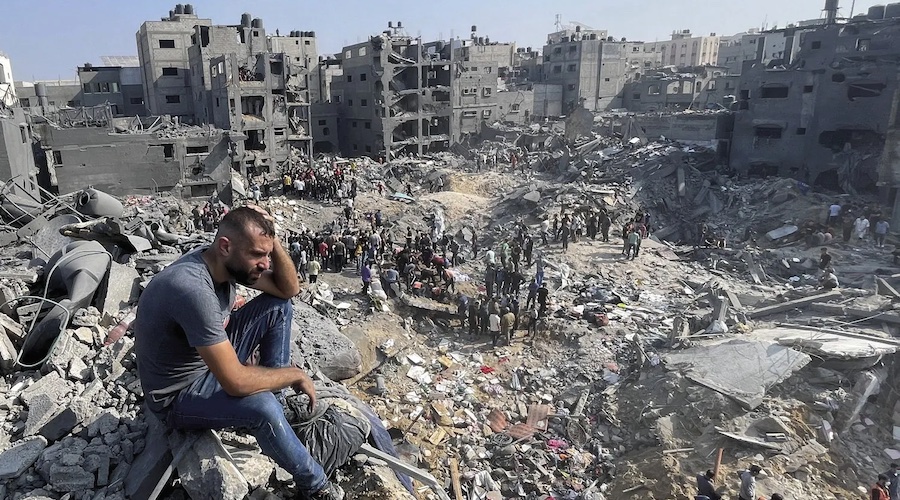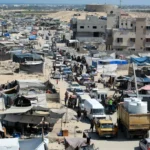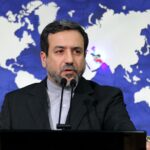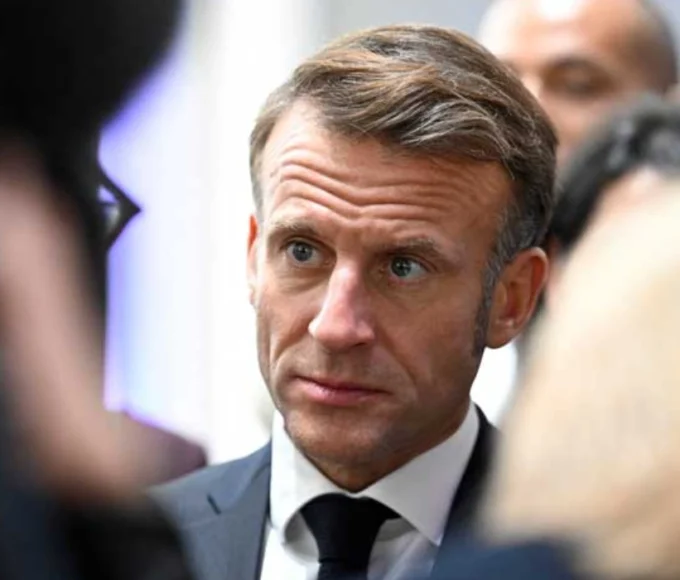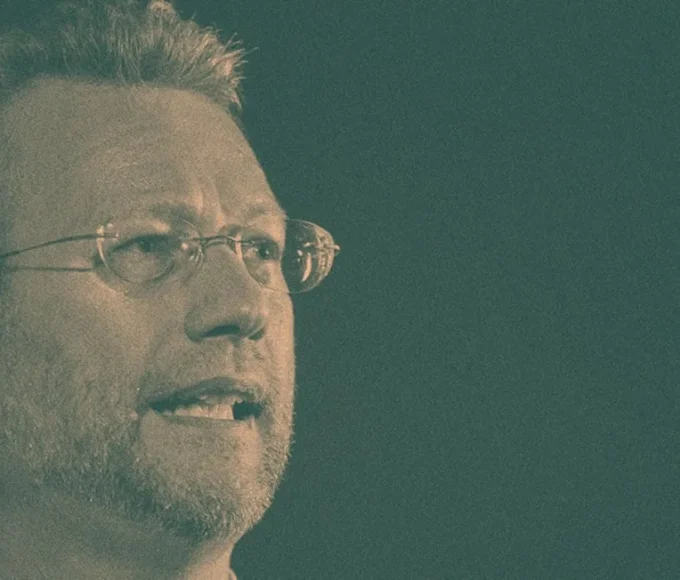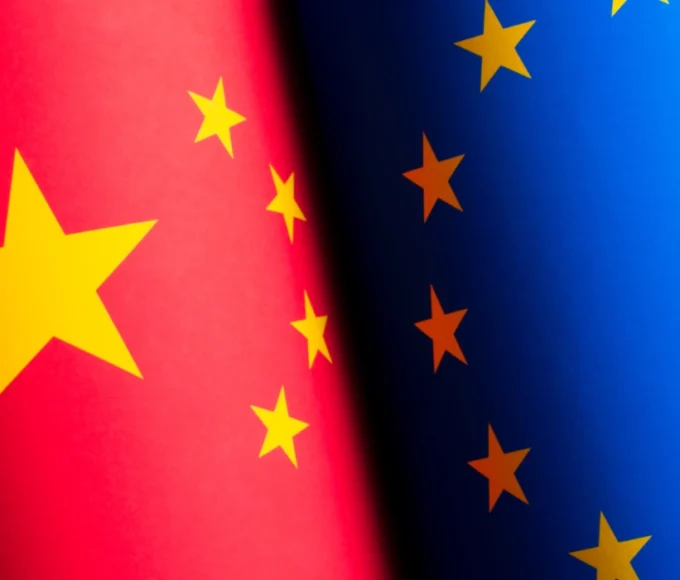A contribution by Dr. A. Boumezrag – The Israeli-Palestinian conflict, with its historical complexities and geopolitical implications, reveals an often paradoxical reality: the juxtaposition between proclaimed faith and political interests. The diplomacy of Arab and Muslim nations is a particular example of this, where religious ideals and pragmatic necessities sometimes seem to be in flagrant opposition.
Faith as a facade: solidarity often in question
For decades, solidarity with Palestine has been a pillar of political discourse in the Arab and Muslim world. Leaders proclaim their support for the Palestinian cause with a fervor that seems irreproachable. Solidarity is a central theme in political speeches, religious sermons, and public demonstrations. However, this moral fervor often seems out of step with concrete political actions.
Recent normalization agreements between Israel and several Arab countries have highlighted a troubling paradox. The United Arab Emirates, Bahrain, Morocco, and Sudan, among others, have signed peace and cooperation agreements with Israel, under the aegis of the United States. For many, these agreements represent a direct betrayal of the Palestinian cause, where religious solidarity is seen as a facade that hides very real economic and strategic interests.
Profit at the heart of decisions: a pragmatic diplomacy
“In the name of God, in the name of Profit” could sum up this reality. The governments that sign these agreements often justify their decisions by reasons of national security, of counterbalancing Iran’s regional influence, or of advantageous economic prospects. This pragmatic diplomacy, centered on national interests, contrasts sharply with the rhetoric of solidarity.
Normalization agreements are often presented as opportunities for cooperation in technology, economics, and security. Yet these justifications are not enough to appease internal critics. Arab and Muslim populations, attached to values of justice and solidarity, feel a deep dissonance between public promises and private actions.
The role of Western powers: a determining influence
The United States plays a crucial role in this dynamic. As the steadfast protector of Israel, Washington exercises a decisive influence on international politics, particularly within the United Nations. American vetoes on resolutions critical of Israel have often frustrated Arab nations, which feel caught between their ideals and diplomatic realities.
This asymmetrical relationship with Western powers accentuates the feeling of helplessness and frustration. The perception that political decisions are dictated by foreign interests, rather than by a genuine desire for justice, reinforces the feeling of betrayal among Arab and Muslim populations.
The internal divide: between values and realities
The tension between proclaimed values and political realities creates a deep divide. Leaders may advocate values of solidarity and justice, but actions often dictated by economic and strategic pragmatism reveal another side of diplomacy. This dichotomy creates growing dissonance between leaders and populations, exacerbating a sense of disillusionment.
Political leaders must navigate the need to maintain strategic alliances and the demand to meet the expectations of their citizens. This gap translates into growing ambiguity in foreign policies and a diminishing credibility of official discourse.
A Two-Faced Diplomacy
“In the Name of God, in the Name of Profit” reveals the two faces of modern diplomacy: on the one hand, faith and moral principles displayed, and on the other hand, economic and strategic interests that dictate real actions. This dual reality highlights the paradoxes inherent in international politics, where ideals are often sacrificed on the altar of pragmatism.
As Arab and Muslim nations attempt to reconcile these two dimensions, the question of true solidarity with Palestine remains unresolved. The search for a balance between principles and interests continues to shape diplomatic dynamics, and the quest for true justice seems more complex than ever in this context of apparent contradictions.
“When principles clash with interests, diplomacy reveals its deepest contradictions.” This quote highlights that diplomatic decisions are often influenced not only by moral ideals, but also by concrete interests. When there is a conflict between stated principles and real interests, the contradictions in policies become particularly apparent.
This article is originally published on algeriepatriotique.com


